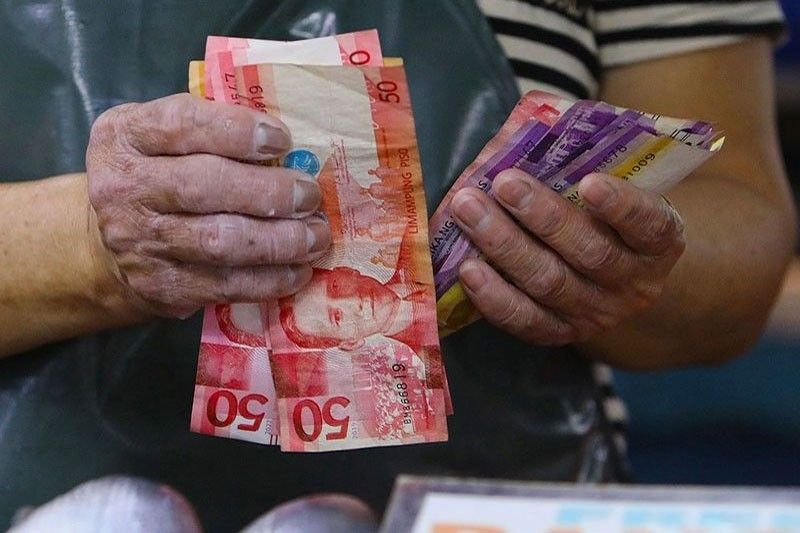‘The P100 plus per day minimum wage rate?’


The big issue on labor policies in the country today is the plan to enact a law to increase the existing minimum wage by P100 per day. There is a bill in the Senate and a twin bill being considered at the House of Representatives.
Calculated at 26 working days per month, this means an additional P2,600 per month increase to the existing minimum wage. (Including the 13th month bonus, this amounts to a total of P33,800 at the end of the year).
This is a hefty rise in the minimum wage. It is arbitrary and politically calculated. It has no bearing on the capacity to pay the enterprises employing their workers.
In many countries that have succeeded to improve the welfare of their workers, the minimum wage is largely designed to protect the most unskilled workers and also to help regulate the wage rate for the benefit of the youngest and new entrants to the labor force.
The last time I checked the relevant data, the Philippine minimum wage rate was higher than in Thailand, Indonesia and Vietnam. If we pass this law, our minimum wage rate will become even much higher than these countries! These three countries have already surpassed us in per capita GDP and in labor productivity.
I was asked by the chair of the Committee on Labor and Employment to appear before it for my views on the proposal to raise the minimum wage rate. My views will be elaborated in next week’s issue in this column.
* * *
It is instructive to learn that the Ranis Mission had given us advice on wage and employment issues some 50 years ago. It was a unique mission of experts from ILO that was specifically sought by the government to study our problems on wage and employment issues.
They are worth quoting here, if only to remind ourselves, in the context of the current issues facing the nation: again on minimum wages and employment.
* * *
From the Ranis Report on Wage and Employment Issues, 1973:
“ The minimum wage cannot and should not be looked upon as an effective instrument for determining the general level of money wages. Governmental intervention in wage decisions for particular industries or groups of workers through compulsory arbitration procedures or in the form of wage orders…are not appropriate mechanisms for attempting to influence the level of money wages. The conclusion is that wage policy expressed in direct control measures has only a small role to play in the Philippines. At those few points where government decisions on money wages are called for (most importantly with respect to the legal minimum wage and wage levels of government employees), wage policy should have an adaptive character, following and adjusting rather than attempting to lead and control.
“The limited role for government intervention in wage determination is…founded on the conviction that, in a predominantly private enterprise economy, the proper function of Government is to provide a favorable environment for the development and operation of effective labor markets and healthy collective bargaining. The substitution of government wage decisions for privately negotiated ones is likely to hamper this development by fostering an excessively legalistic approach to determining wages and working conditions and by encouraging unions and employers to direct their attention toward influencing Government rather than resolving issues through negotiations, in good faith.
… Government attempts to intervene directly in wage decisions in order to capture a greater share of profit for the benefit of workers will, as a general proposition, not only be ineffective but also have positively adverse effects on resource allocation, growth and employment and therefore on the real incomes of the workers themselves.”
(Ranis Report), Sharing in development, A program of employment, equity and growth for the Philippines, International Labor Office, Geneva, 1974 p. 362-3. (Note: The highlighted segments are my own, as a columnist. – G.P.S.)
- Latest
- Trending






























